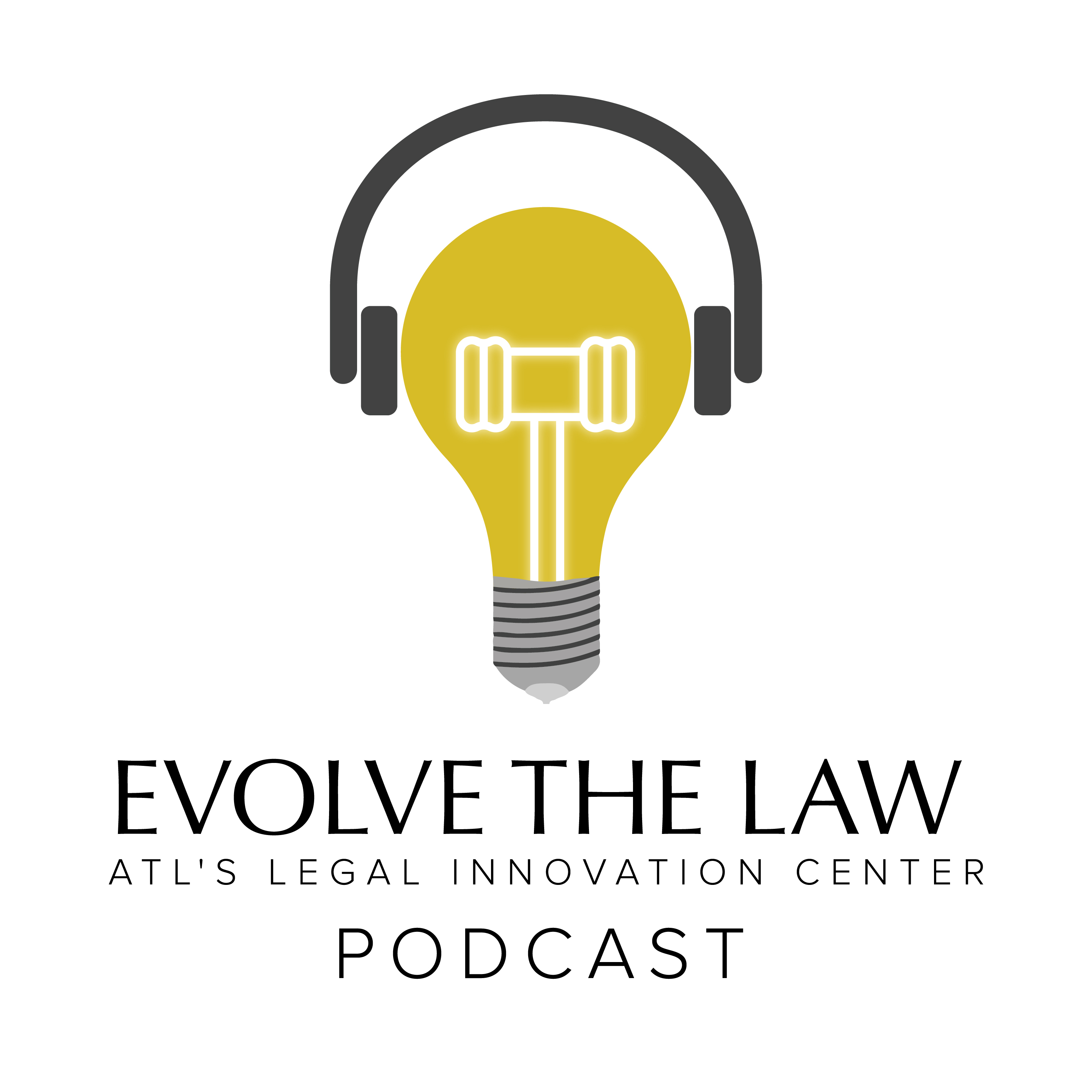 We are doing a lousy job of teaching lawyers.
We are doing a lousy job of teaching lawyers.
Be real — when is the last time you watched or took a CLE course that you came back from and put that material to work in your practice? I’m not critical of folks providing content, I teach a lot of CLEs myself. I’m suggesting that the format is not conducive to lawyers needing to learn information when they need to learn it, or for us to put to use once we leave the education setting.
Let me be clear: I absolutely believe that lawyers need to continue to learn. With all of the advances in technology, and the way in which those developments affect every area of the law, it’s a no-brainer. I just want to see some change in how we deliver new content.
Watching an hour-long CLE online that can be mostly marketing means that I’ll be doing at least three other things at the same time. Lots of times I listen with one ear and pay my bills online or catch up on multiple tabs of articles on my browser that I’ve opened to read. Sound familiar? An hour is a long time too, and let’s face it, you can teach more in less time. (Irony hit: I’m participating in a webinar today on digital documents, and it’s — wait for it — an hour. It’s the norm right now.)
I may take away a nugget or two from a webinar and write those nuggets down in Evernote or heaven forbid on a piece of paper, and then largely forget about it. Sometimes I think — hey, I went to a CLE on this, where are those materials? But they are mostly in paper form and buried somewhere, or I can’t remember the sponsor of the webinar who sent me the deck, so it’s useless to search for it in my email. The chances of me having saved the deck or the link to the replay to somewhere I know where to look for it is slim to none, and slim just left town. Even if I could watch the replay, I need the answer now — and I don’t want to watch the whole thing again.
That’s not real learning. You know it and I know it. I’ve also spoken at CLEs where the organizers tell me five times no sales pitch and then someone stands up and gives an hour-long sales pitch. I love those. Not.
So, here’s what I think we should do differently:
- Deliver the message in small, bite-size chunks of information. Provide content to help lawyers learn some practical nugget that can be applied that day. Ben Kusmin at Excel Esquire does a great job of giving lawyers some fantastic nuggets on how to use Excel better. I know this format won’t qualify for CLE, but adjust to how we learn today. Podcasts and videos are king. (And we’ll get to redefining what CLE is later.)
- Go to day-long CLE programs for networking and dialogue. Conferences can be fantastic for those two things. Have a different goal for these types of events than an online CLE. Instead of being spoon fed, conferences require active learning — seeking out people to be connected with for new learning opportunities. Have conversations with others in your space that you can’t have in your office. Force yourself to talk to people that you have heard from but feel like you don’t know enough to talk to — that’s not true. Learn what others do to do things better, or how they have a unique way to solve your problem. Young lawyers and legal professionals, GET OUT THERE. It’s what matters for your career. In case you missed the memo, it’s who you know, not always what you know that matters.
- Make materials available on-demand in both paper and electronic format. Or better yet, think of the environment that the current administration doesn’t want to protect, and forget the paper. Leave them up on a link that anyone can download at any time. Slideshare is good, but you only get partial credit for it. According to LawLine, 45 states currently allow for CLE on-demand. That’s a lot of states. But if I had to pay for a 10-minute video I knew was full of content, I’d be more willing to fork over $10 than $59 or $99 for an hour that I don’t know if it’s got anything useful (other than fulfilling that CLE hour) and I need the answer NOW.
- Recognize the need to LEARN, not just meet your CLE requirements. Look, about 1% of you are in this gig for the hoards of money you rake in. Most of us want to help our clients and have relationships. We want to add value to the world. Lawyers are important — it’s why Willie Nelson and Wayland Jennings sang “make them be doctors and lawyers or such.” To continue to represent clients in this ever changing world, you have to learn. You need to know social media, you need to understand how Congress is thinking about (or NOT thinking about) the Stored Communications Act. Whatever you need to learn, seek it out. If you don’t find it, learn it and then teach it to others.
- Provide real, useful materials that lawyers can put to use in their practices. Stop pretending that if you don’t give out that form, someone will call you for it. They will call you because you gave them the form, not because you didn’t. Good lawyers know forms are not the final version — a form is a chance for a lawyer to see how someone who’s credible (maybe) thought about and organized a document. If you are using forms out of the box for your clients, shame on you. But we all need help getting started. There is a perpetuating myth that many firms share loads of forms. Most of the lawyers I talk to dispute that notion — they are reinventing the wheel everyday. That’s a shame, but coming from someone who has worked on committees to create brief banks, it was hard 10 years ago. But it’s easier with technology today. Heck, now that I think about it, I could use a review platform to create a brief bank easily. So go do it at your firm.
Changing the delivery of education for lawyers is up to lawyers. No one else has any stake in the game. We have to be the impetus for change — to demand it and make it happen. There are a lot of us out there. But we have to want change, we have to want to do better than we are doing. We are working on it with our software, so I’ll let you know how it goes.
 Kelly Twigger gave up the golden handcuffs of her Biglaw partnership to start ESI Attorneys, an eDiscovery and information law Firm, in 2009. She is passionate about teaching lawyers and legal professionals how to think about and use ESI to win, and does so regularly for her clients. The Wisconsin State Bar named Kelly a Legal Innovator in 2014 for her development of eDiscovery Assistant— an online research and eDiscovery playbook for lawyers and legal professionals. When she’s not thinking, writing or talking about ESI, Kelly is wandering in the mountains of Colorado, or watching Kentucky basketball. You can reach her by email at Kelly@ediscoveryassistant.com or on Twitter: @kellytwigger.
Kelly Twigger gave up the golden handcuffs of her Biglaw partnership to start ESI Attorneys, an eDiscovery and information law Firm, in 2009. She is passionate about teaching lawyers and legal professionals how to think about and use ESI to win, and does so regularly for her clients. The Wisconsin State Bar named Kelly a Legal Innovator in 2014 for her development of eDiscovery Assistant— an online research and eDiscovery playbook for lawyers and legal professionals. When she’s not thinking, writing or talking about ESI, Kelly is wandering in the mountains of Colorado, or watching Kentucky basketball. You can reach her by email at Kelly@ediscoveryassistant.com or on Twitter: @kellytwigger.







